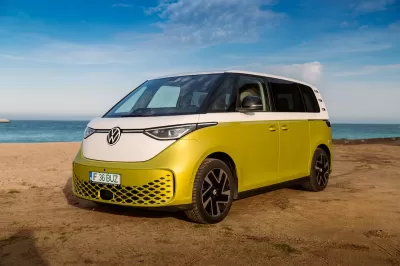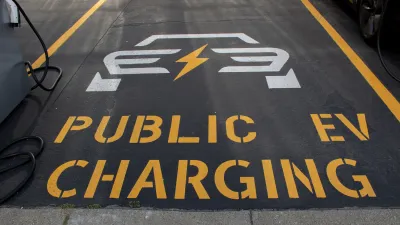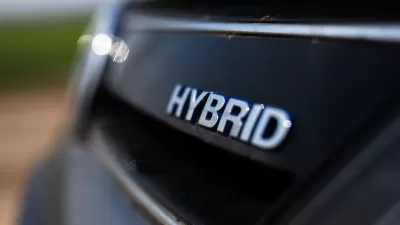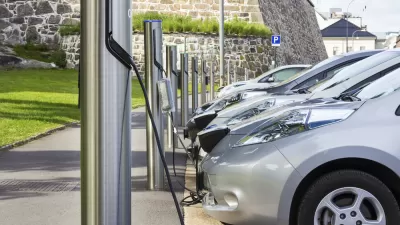Volkswagen’s ID. Buzz reimagines its iconic Bus as a fully electric minivan, blending retro design with modern technology, a 231-mile range, and practical versatility to offer a stylish yet functional EV for the future.

Volkswagen has reimagined its Type 2 “Bus” for the modern era with the fully electric ID. Buzz, blending retro charm with cutting-edge technology. This EV pays homage to the counterculture icon of the 1960s, which has since appeared in countless films and TV shows, cementing its place in pop culture. While the ID. Buzz embraces nostalgia, it is also a bold step toward Volkswagen’s electric future, featuring playful design elements like classic looped entry straps and whimsical brake and accelerator pedal symbols inspired by video controls.
Beyond its nostalgic appeal, the ID. Buzz offers an EPA-rated 231-mile range, dual-motor all-wheel drive, and a price tag of $71,545 for the 1st Edition model, with more affordable versions on the way. Its large windows and elevated seating position provide a panoramic driving experience reminiscent of classic VW buses, making it a standout in the EV market. Volkswagen has been praised for introducing a uniquely stylish and functional electric vehicle that blends practicality with personality.
Despite its vintage aesthetic, the ID. Buzz is, at its core, a minivan—albeit a stylish and unconventional one. While minivans have long been considered practical but uncool, this electric VW might just change that perception, making it the most sought-after vehicle in school drop-off lanes and soccer field parking lots. Although its second-row seats aren’t removable like traditional minivans, the ID. Buzz’s combination of versatility, electric efficiency, and nostalgic charm ensures it will remain a compelling choice long after the novelty wears off.
FULL STORY: Volkswagen's new ID. Buzz turns iconic car into electric vehicle

Maui's Vacation Rental Debate Turns Ugly
Verbal attacks, misinformation campaigns and fistfights plague a high-stakes debate to convert thousands of vacation rentals into long-term housing.

Planetizen Federal Action Tracker
A weekly monitor of how Trump’s orders and actions are impacting planners and planning in America.

Chicago’s Ghost Rails
Just beneath the surface of the modern city lie the remnants of its expansive early 20th-century streetcar system.

Bend, Oregon Zoning Reforms Prioritize Small-Scale Housing
The city altered its zoning code to allow multi-family housing and eliminated parking mandates citywide.

Amtrak Cutting Jobs, Funding to High-Speed Rail
The agency plans to cut 10 percent of its workforce and has confirmed it will not fund new high-speed rail projects.

LA Denies Basic Services to Unhoused Residents
The city has repeatedly failed to respond to requests for trash pickup at encampment sites, and eliminated a program that provided mobile showers and toilets.
Urban Design for Planners 1: Software Tools
This six-course series explores essential urban design concepts using open source software and equips planners with the tools they need to participate fully in the urban design process.
Planning for Universal Design
Learn the tools for implementing Universal Design in planning regulations.
planning NEXT
Appalachian Highlands Housing Partners
Mpact (founded as Rail~Volution)
City of Camden Redevelopment Agency
City of Astoria
City of Portland
City of Laramie





























